
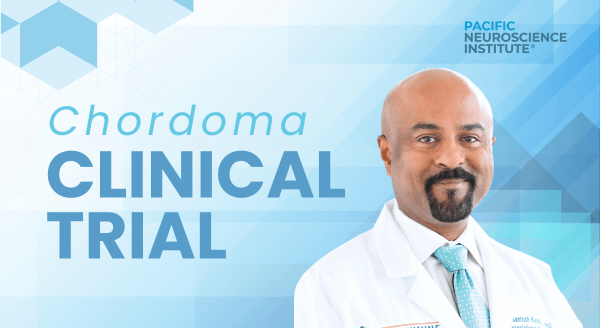
Promising Progress: Rare Spine Cancer Shows Positive Response in Clinical Trial at Providence Saint John’s Health Center’s Cancer Institute
by Guest Author
SANTA MONICA (Dec. 4, 2023) — Promising results of a pilot study at Pacific Neuroscience Institute® and Providence Saint John’s Health Center to treat a rare form of cancer of the spine and skull base were published today by the journal Clinical Cancer Research.
Two of the 14 patients in the study experienced significant tumor shrinkage, seven additional patients experienced minor tumor shrinkage and the majority experienced improvements in their symptoms. Chordomas are ultra-rare tumors formed from remnants of the notochord, a structure present during early fetal development to provide support for the developing spine. Chordomas usually grow slowly but can grow quite large. They can invade and put pressure on critical parts of the brain or spine, at which point they may become life-threatening.
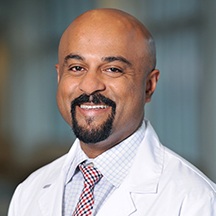
Dr. Santosh Kesari, Director of Neuro-oncology at Pacific Neuroscience Institute® (PNI®) and Saint John’s Cancer Institute, led the study.
“While no drugs have been approved by the Food and Drug Administration to treat chordoma, pemetrexed, which is approved for lung cancer, appears to be an effective drug in our study. A subset of patients had tremendous clinical benefit,” Dr. Kesari said. “We plan to build on this framework of pemetrexed and combine it with other drugs, including immunotherapy in future clinical trials.”
We are very appreciative of the Chordoma Foundation, and Eli Lilly and Company for supporting this trial in a high unmet-need population.
Dr. Santosh Kesari
Prior off-label results have indicated high doses of pemetrexed were safe and appeared to inhibit tumors from recurring in two of the three chordoma patients who had failed all known standard treatments. This encouraged researchers at the Santa Monica hospital’s Cancer Institute to take the next step, initiating a clinical trial.
The purpose of the study was to test the safety and tolerability of high doses of pemetrexed in patients with progressive chordoma, monitor any new side effects, understand how the drug might affect the growth of tumor cells, and collect tumor and blood samples for identifying biomarkers of response.
Fifteen patients from around the country were enrolled during the COVID-19 outbreak. Treatment was well tolerated without any unexpected side effects. Two (14%) patients had a partial response, and 10 (71%) patients had stable disease; a favorable response rate compared to historical studies testing systemic therapies. The median progression-free survival was 10½ months, and 6-month PFS was 67%. Several patients reported remarkable disease-related symptom improvement. Using tissue and blood, the investigators identified a novel cell-free miRNA signature in the blood that has the potential to become a non-invasive biomarker for detecting and monitoring chordoma.
Shreyaskumar R. Patel, M.D., medical director of the Sarcoma Center at the University of Texas MD Anderson Cancer Center in Houston, said the result of the study appear promising and warrant continued research.
“Recurrent and metastatic chordomas can cause a significant symptom burden for patients afflicted with this ultra-rare malignancy,” said Dr. Patel, a member of the Chordoma Foundation’s Medical Advisory Board. “Given the limitations of available systemic therapy options, this early evidence of activity of pemetrexed is very encouraging and provides opportunities for further development of combinations to improve upon this backbone.”
Josh Sommer, executive director of the Chordoma Foundation, said, “For chordoma patients like me, the possibility suggested by these preliminary results of having a drug that can control recurrent tumors and improve quality of life for some patients is deeply encouraging. The Chordoma Foundation is proud to have supported this important study and is grateful to all who helped make it possible.”
Adapted from Providence Saint John’s press release.
Discover More in Our PNI Minute Video
About Dr. Santosh Kesari

Neuro-oncologist Dr. Santosh Kesari, MD, PhD, is a board-certified neurologist and is currently Chair and Professor, Department of Translational Neurosciences, Saint John’s Cancer Institute. He is the regional medical director of Providence Southern California’s Research Clinical Institute. Dr. Kesari is also Director of Neuro-oncology at Pacific Neuroscience Institute, Providence Saint John’s Health Center, and Providence Little Company of Mary Medical Center Torrance, and leads the Pacific Neuroscience Research Center at Pacific Neuroscience Institute.
Useful Links
Related Articles
Related Videos
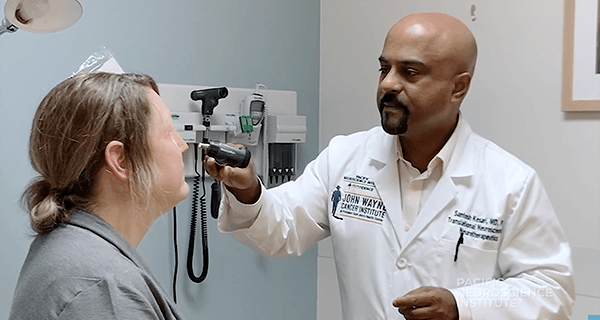 Clival Chordoma Clinical Trial: Kimberly’s Story
Lean about how a patient with a recurring clival chordoma brain tumor found Dr. Santosh Kesari at Pacific Neuroscience Institute, and the clinical trial protocol where she received treatment with…
Clival Chordoma Clinical Trial: Kimberly’s Story
Lean about how a patient with a recurring clival chordoma brain tumor found Dr. Santosh Kesari at Pacific Neuroscience Institute, and the clinical trial protocol where she received treatment with…
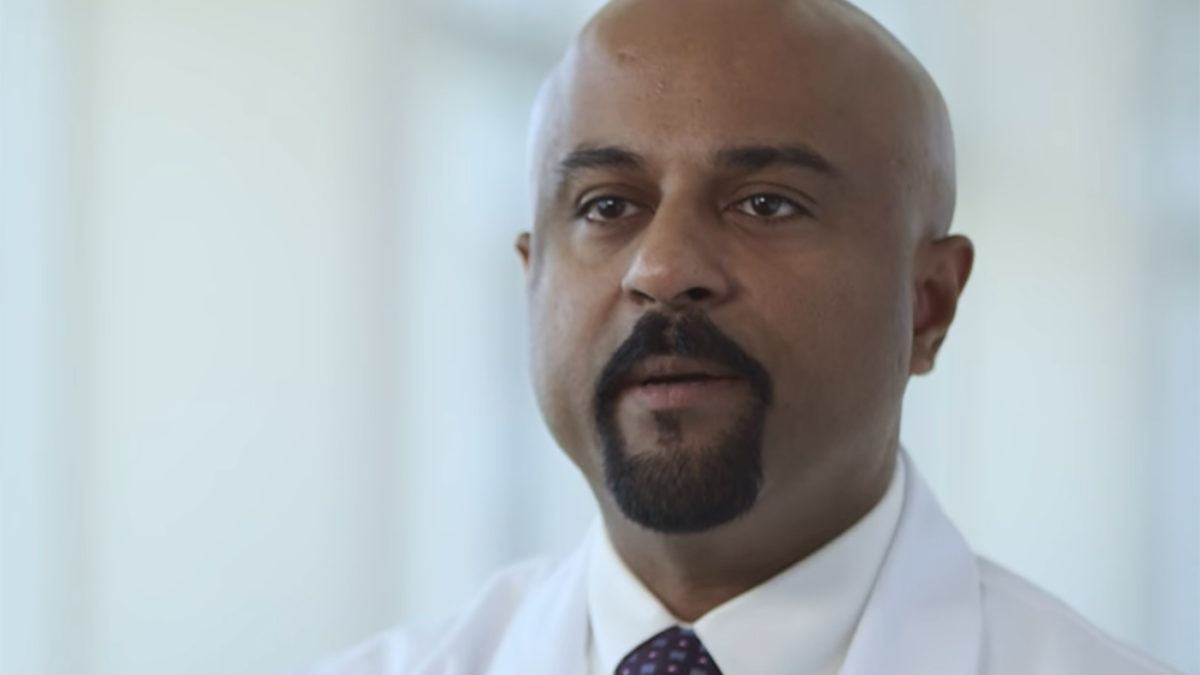 Meet Dr. Santosh Kesari
Meet Dr. Santosh Kesari
 Pilot Study of Pemetrexed in Chordomas
Pacific Neuroscience Institute is now recruiting patients with chordoma for a new clinical trial at the Pacific Brain Tumor Center. Watch the video and learn about the trial.
Pilot Study of Pemetrexed in Chordomas
Pacific Neuroscience Institute is now recruiting patients with chordoma for a new clinical trial at the Pacific Brain Tumor Center. Watch the video and learn about the trial.
 Andrea’s Story – Clival Chordoma
Experience an actual account of Clival Chordoma.
Andrea’s Story – Clival Chordoma
Experience an actual account of Clival Chordoma.

Clival Chordoma Clinical Trial: Kimberly’s Story
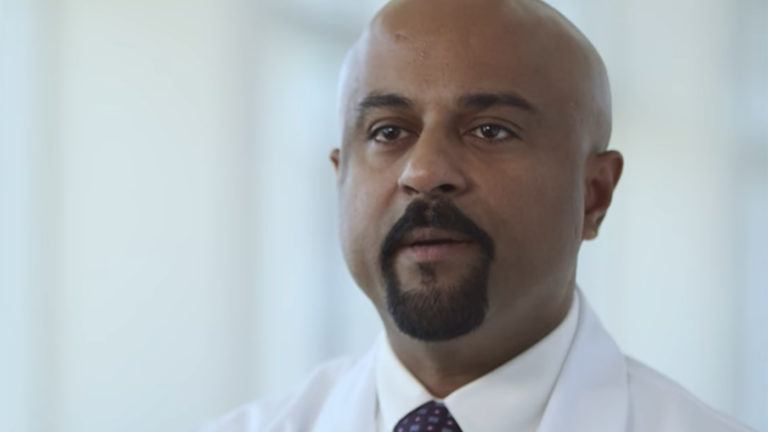
Meet Dr. Santosh Kesari
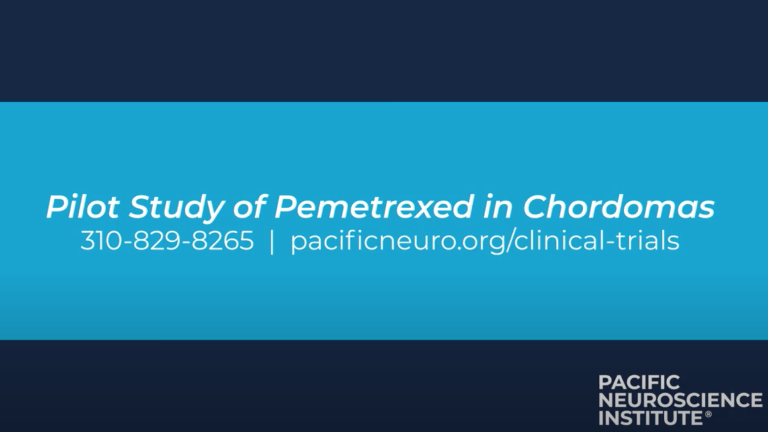
Clinical Trials Connections: Pemetrexed for the treatment of Chordoma

Andrea’s Story
Last updated: January 18th, 2024


